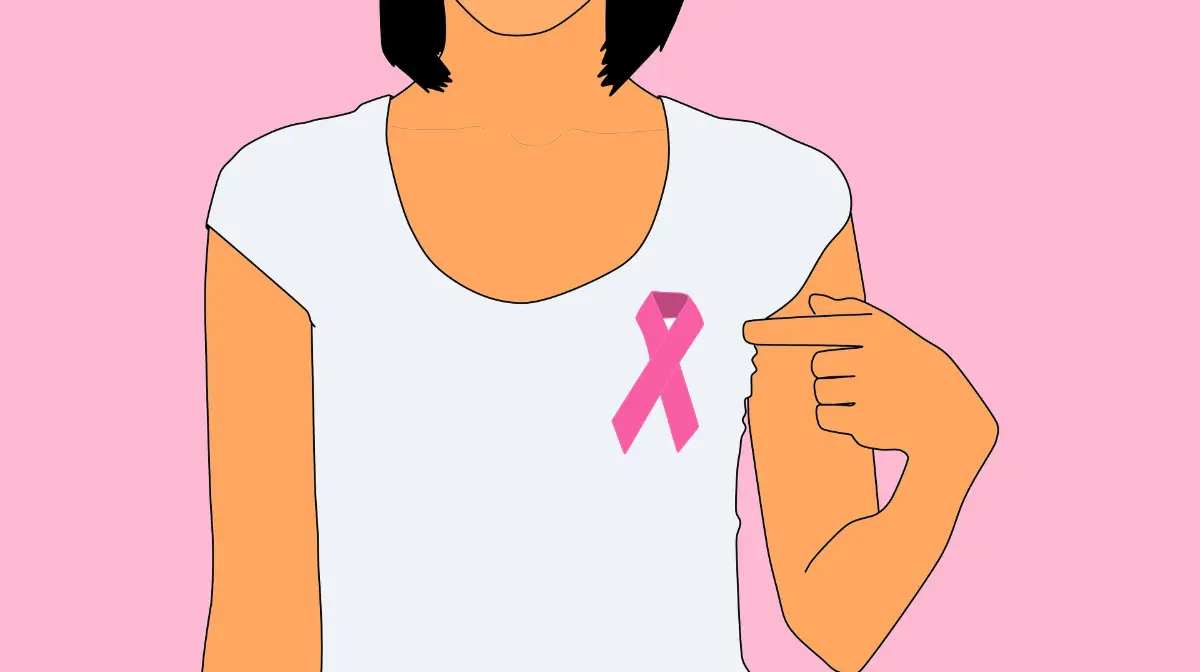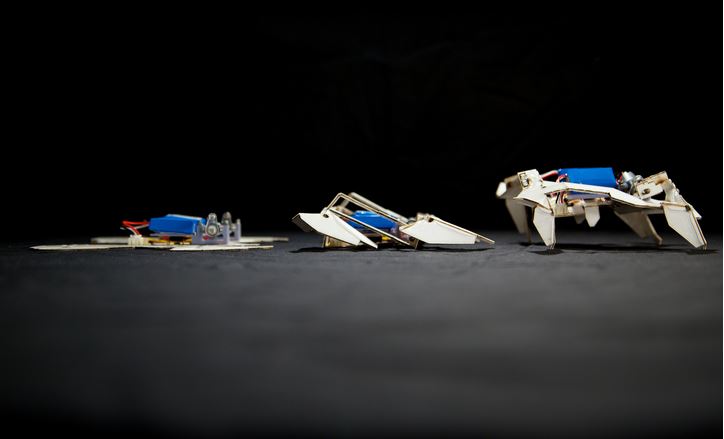Google’s AI Can Spot Breast Cancer Better Than Humans, But…

Artificial intelligence is achieving a new milestone every day. Adding to the streak, Google’s AI now often yields better results than experts when detecting breast cancer in the human body.
Usually, breast cancer screening is done by scanning mammograms (or X-ray images of the breast), but they have limitations. They might give either a false-positive or false-negative result.
A false-negative mammogram appears normal even when breast cancer is present. Same way, a false-positive mammogram shows breast cancer even if it’s not present.
Google’s AI has been trained to read and analyze mammograms to detect the presence of cancer cells. For that, the researchers used around 76,000 de-identified mammograms of women based in the UK and 15,000 mammograms of women from the US.
Also Read: ProtonMail Unveils Fully Encrypted Calendar To Rival Google
They used a separate de-identified mammogram database of 25,000 UK women and 3,000 US women to evaluate the AI.
The results thrown out by the AI were compared to the actual medical reports for verifying the accuracy. It managed to reduce the number of false negatives by 9.4% for US women and by 2.7% for UK women.
On the other hand, it reduced the false positives by 5.7% in the US and 1.2% in the UK.
The findings have been published in Nature magazine by the team that includes researchers from DeepMind, Royal Surrey County Hospital, Northwestern University, and Cancer Research UK Imperial Centre.
It still isn’t perfect
While Google’s AI managed to beat human experts in many cases, there were times when experts caught the presence of cancer signs in the cases that the AI missed.
However, here, Google points out that the AI had access to less information than human experts, such as patient histories and prior mammograms. Still, it managed to do quite well.
So, it means the AI can’t replace humans in this field right now. However, the goal is that the technology should complement radiologists during screening programs and increase the accuracy and efficiency of the results.
While the development is going on, one thing the researchers are trying to achieve is how they can generalize the results of the AI.
For a start, they conducted a separate test where the AI was trained with data of UK women and evaluated on the dataset of US women. It reduced the false negatives by 8.1% and false positives by 3.5%.
Via The Verge






